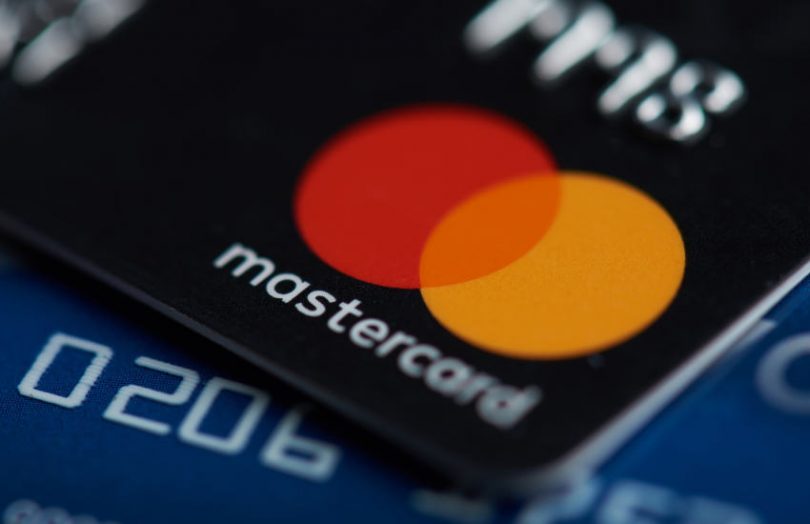Yesterday Mastercard announced it was expanding its consulting practice to include open banking, open data, crypto & digital currencies, and environment, social & governance (ESG). The company has 2,000 people in its Data & Services division, including consulting, and will now increase the headcount by 500.
Consultants have already been involved in bank-wide crypto and NFT strategy development on top of education and risk assessments. Mastercard has partnered with several crypto payment card and crypto loyalty programs.
Last year the company acquired blockchain analytics firm Ciphertrace which provides intelligence on blockchain wallets and cryptocurrency firms.
When it comes to central bank digital currencies (CBDC), Mastercard was relatively early to the game in launching its test CBDC platform back in September 2020. Now there are several dozen such platforms, but Mastercard was the first. Its biggest competitor Visa followed, although it was almost a year later through work with ConsenSys. In fact ConsenSys also has a relationship with Mastercard.
Visa announced its own crypto advisory practice two months ago, after investing $150,000 in a CryptoPunk NFT in August. A month later, Mastercard unveiled a competition to win a single NFT from famous soccer coach José Mourinho.
Both payment companies recognize the need to be active in the digital currency sector, which is one of the biggest threats the companies have faced. What might the future impact be on both margins and market share?
For example, intermediaries helping merchants accept crypto payments typically charge 1% compared to closer to 3% for card acceptance. However, crypto payments are not reversible, whereas card companies have to process chargebacks. On the other hand, in Europe debit card acceptance is pretty inexpensive, but that’s because of legislation.
In the short to medium term, crypto payment acceptance via wallets and without using cards may only get penetration for online (versus physical) purchases. But if Apple Pay or Google Pay integrate stablecoins or crypto into their wallets, it will be a different story.






